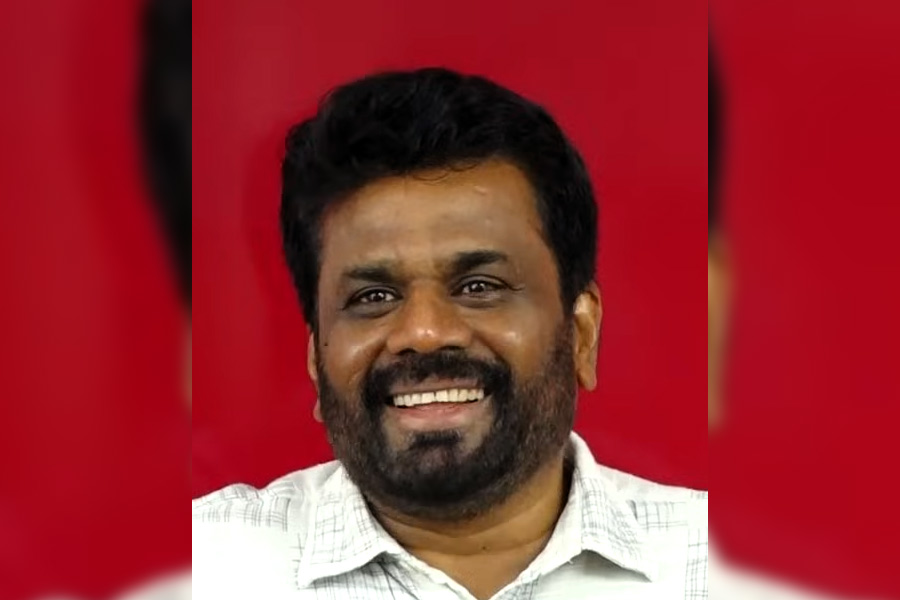The visit by the Sri Lankan president, Anura Kumara Dissanayake, this week to India represents a win for New Delhi’s diplomacy at a time when it is battling foreign policy challenges on several other fronts, including in its neighbourhood. The biggest party within Sri Lanka’s ruling National People’s Power coalition, Mr Dissanayake’s Janatha Vimukthi Peramuna has historically viewed India with deep suspicion. That tension has been rooted in New Delhi’s efforts to get Colombo to enforce the 13th Amendment of the island nation’s Constitution that would empower local governance through elected bodies, including in provinces with significant Tamil populations. The JVP and other Sinhala parties have traditionally opposed that provision, arguing that it fosters separatist sentiments. However, on his trip to New Delhi, Mr Dissanayake assured India that he is not only keen to work closely with the government of Prime Minister Narendra Modi but that he will also not allow Sri Lanka’s territory to be used for any activity inimical to Indian interests. That is an important commitment in the backdrop of growing Indian concerns over Chinese military and economic influence on Sri Lanka. Yet, this visit and the positive momentum it could generate for bilateral ties are the outcome of measured politics and proactive diplomacy — an approach that New Delhi and Colombo must continue.
Mr Dissanayake has in recent years consciously softened the JVP’s image. In the lead-up to the presidential election that he won in September, and the parliamentary election in November that the NPP swept, he reached out to all communities, including Tamils, and pitched himself as a leader willing to bridge deep divisions that have long fractured the nation. In turn, India hosted Mr Dissanayake earlier this year — when he was still in the Opposition — to build a relationship with him; New Delhi was aware by then that he was the frontrunner for the presidency. Mr Dissanayake must now stay mindful of the legitimate concerns of Sri Lanka’s minorities while addressing the country’s broader challenge — an economy in the early stages of recovery from an unprecedented crisis. He will be aided by the fact that he has a clear mandate in Parliament to pursue his plans. But New Delhi must also be realistic: Mr Dissanayake, who plans to visit Beijing soon, will also need to keep the ties with China smooth and ensure that he retains the support of Sri Lanka’s Sinhala majority. If he can do that while respecting India’s red lines, New Delhi and Colombo could forge a win-win partnership.











